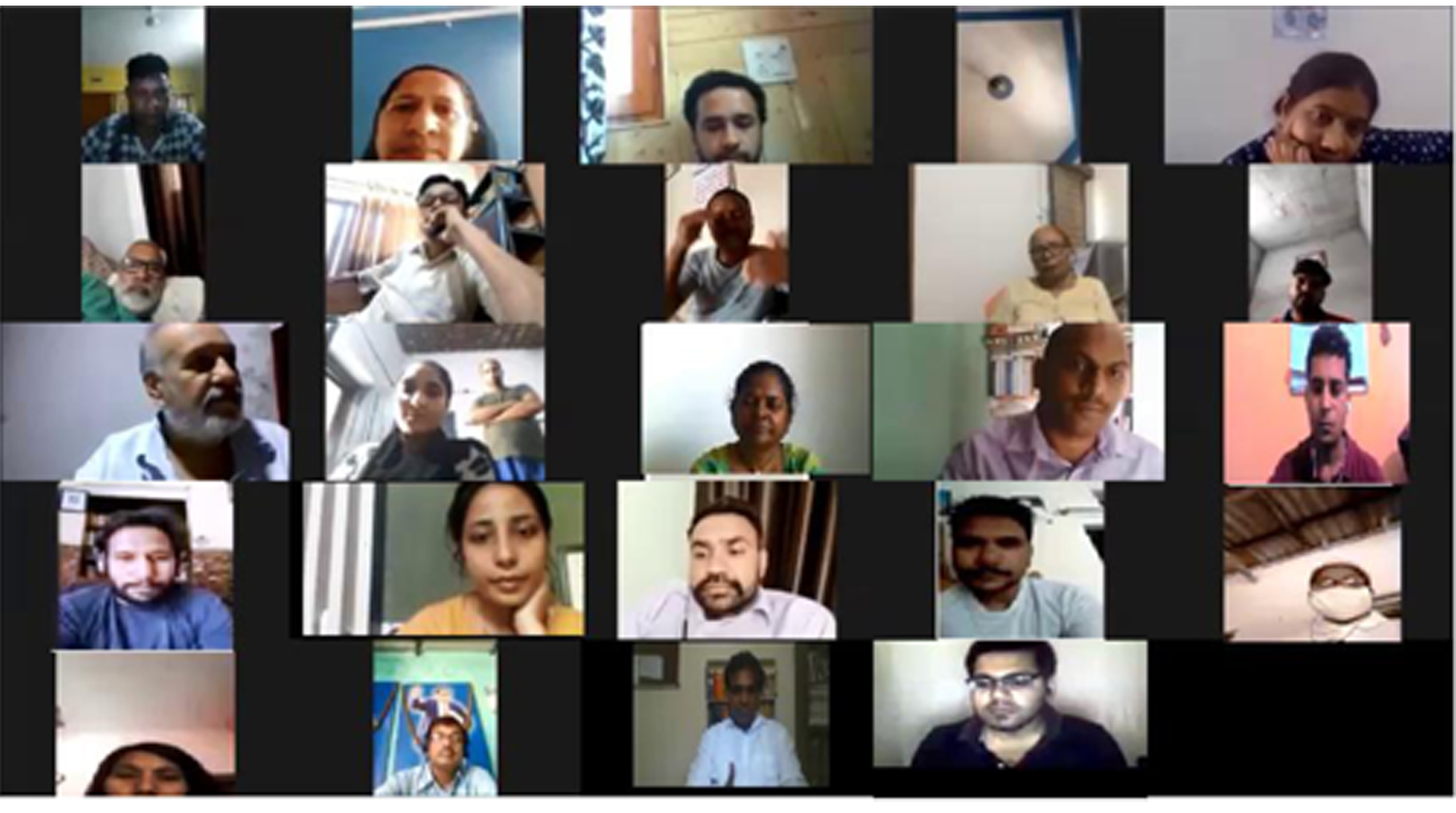
Webinar On Dalit Land Rights: ‘The Punjab Village Common Land (Regulation) Act, 1961’ Provisions, Challenges & Strategy
In Punjab, upper castes, mostly Jat Sikhs, dominate the farming landscape. Only 3.5% of private farm land belongs to Dalits who make up 32% of the population. Punjab has the maximum proportion (5.28%) of big farmers owning more than 10 hectares of land among all non-mountainous states of India. The national average is 0.57%, according to the Agriculture Census 2015-16. Land consolidation is expected to grow further as modern, capital-intensive farming in the state benefits big farmers due to the economies of scale. In the past, the only major land rights movement in Punjab was the Muzara Movement (1930-53), in which tenant farmers demanded the abolition of biswedari--a system in which landlords owned vast swathes of land--in the princely state of Patiala and East Punjab States’ Union (PEPSU). The agitation had led to violence against the protesting tenant farmers.
The Muzara Movement, however, did not include Dalits. In 1961, the state passed the Punjab Village Common Lands (Regulation) Act, reserving 33% of agricultural village common land for SCs, who could get an annual lease through bidding (rules under the statute were framed in 1964). The implementation, however, was indifferent Upper-caste farmers continued to cultivate this land by sponsoring proxy candidates from the reserved category, depriving the community of this right. Initially Dalits were also not vocal enough to challenge this arrangement. Subsequently educated youth and women became most willing to challenge the status quo. They realized that owning a piece of land would bring prestige and cut through the dominance of the upper castes.
Presently Dalits are waging battles to lay claim to promised lands across India, as India spend reported on June 7, 2019. Across 13 Indian states, there were 31 conflicts involving 92,000 Dalits fighting to claim land, according to land conflict watch, a network of researchers that maps and collects data on land conflicts in India.
Assertion of land rights often leads to grave violence in Punjab where popular culture glamorizes gun toting to gain possession of land. With the widespread use of proxies of Jat Sikh farmers, Dalits have disrupted auctions in several villages over the last 10 years, threatening proxy candidates and even stopping influential farmers from tilting the reserved lands. Such acts have often resulted in violent repercussions as in Jhaloor village, where 72-year-old Gurdev Kaur was killed and several other protesters grievously injured in a brutal attack by a group of big farmers and their supporters on October 5, 2016. The attackers are currently facing trial in court. It is also important to note that sexual exploitation is one of the most critical threats for women laborers, most of them Dalits, found a recent study, 'Socio Economic Conditions and Political Participation of Rural Women Labourers in Punjab’. More than 70% respondents kept quiet when asked about their experiences related to sexual exploitation. The reality can be inferred from this. The social stigma related to the issue forces many to keep mum.
In the above background it was desired to have a webinar on the land rights of Dalits, to discuss about the legal provisions, implementation status and to come with strategy after discussing with stake holders across the country